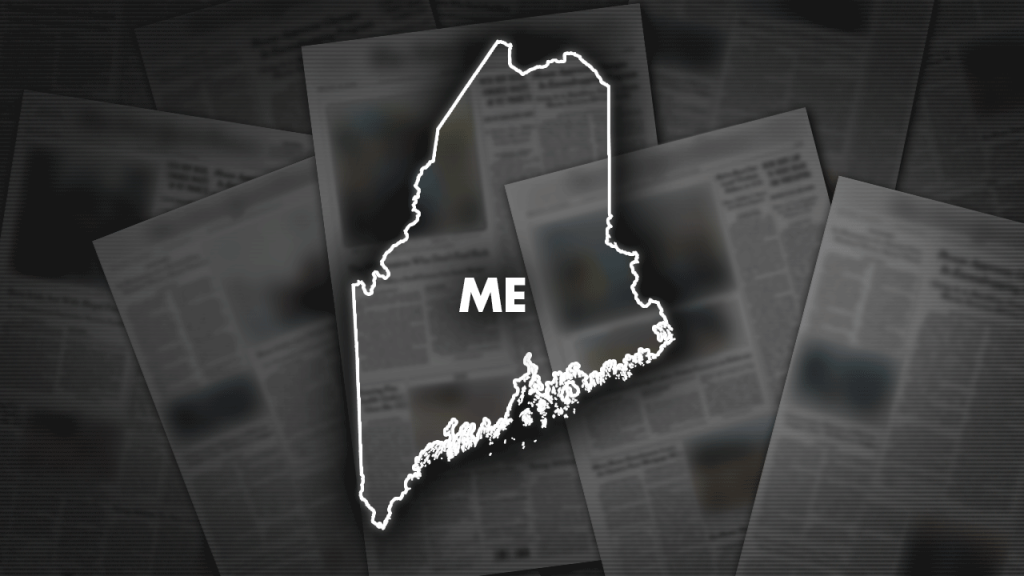Maine has filed a lawsuit against Monsanto, now owned by Bayer, for allegedly selling products containing harmful chemicals called polychlorinated biphenyls (PCBs). The lawsuit, filed in Cumberland County Superior Court, claims that Monsanto knew of the dangers of PCBs but continued to make and sell products containing them even after they were banned. Attorney General Aaron Frey stated that there is evidence to show that Monsanto knowingly caused harm to Maine’s people and environment for profit.
Monsanto, in response to the lawsuit, called it “meritless” and claimed that any sale of PCB-containing products in Maine would have been from third-party manufacturers as the company stopped producing PCBs five decades ago. Vermont was the first state to sue Monsanto over PCB contamination last year, followed by numerous school districts. Bayer, the current owner of Monsanto, agreed to a $698 million settlement with Oregon in 2022 regarding PCB pollution. PCBs are harmful chemicals that were used in building materials and electrical equipment, with the EPA banning manufacturing and certain uses in 1979 due to concerns about their health effects.
PCBs have been linked to various health concerns and are one of the chemicals responsible for fish consumption advisories in Maine. The state plans to seek damages from Monsanto for the costs associated with cleaning up, monitoring, and mitigating 400 miles of rivers and streams, as well as 1.8 million ocean acres that are currently affected by PCB contamination. This lawsuit highlights the ongoing battle against corporations for the environmental damage caused by their products and the financial burden placed on states and communities to address contamination issues.
The lawsuit against Monsanto is part of a broader effort to hold corporations accountable for their role in environmental pollution and public health concerns. By seeking damages for the costs associated with PCB contamination, Maine aims to make Monsanto pay for the harm caused to the state’s natural resources and residents. PCBs are just one example of harmful chemicals that have had lasting effects on the environment and human health, highlighting the need for stricter regulations and oversight of chemical manufacturing and disposal practices.
Maine’s lawsuit against Monsanto serves as a warning to other corporations that continue to produce and sell harmful chemicals without regard for their impact on the environment and public health. By taking legal action, the state is sending a strong message that companies will be held responsible for the damage caused by their products, even if it takes decades to fully understand the extent of the harm. As more states and communities pursue legal action against corporations like Monsanto, the hope is that these lawsuits will lead to greater accountability and changes in how chemicals are manufactured and regulated to protect public health and the environment.


